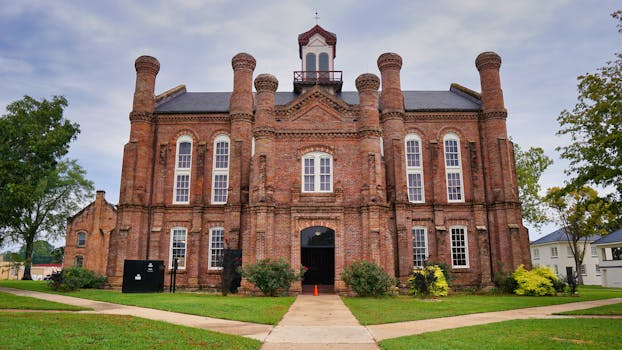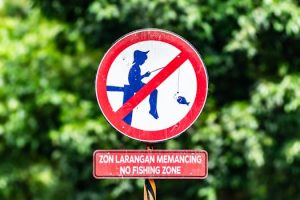Legal History: Trials That Defined Eras
Legal history is a fascinating and often overlooked subject. While many may perceive it as dry and mundane, the truth is that the course of human history has been shaped and defined by legal trials. From ancient times to the present day, there have been pivotal legal cases that have had a profound impact on society and set the course for future legal systems. These trials not only reveal the evolution of the law, but also provide insights into the political, cultural, and social climate of their respective eras. In this article, we will explore some of the most significant trials in legal history that have defined different eras and left lasting legacies.
The Trial of King Hammurabi
The first documented legal code in history was created by King Hammurabi of Babylon around 1750 BC. The code, known as the Code of Hammurabi, contained 282 laws governing various aspects of society, such as legal procedures, trade, and family matters. One particular trial that stood out during this time was the Trial of the River God, where King Hammurabi sought justice for a citizen who had been killed in a boat accident. This case set the precedent for holding individuals accountable for their actions and established the principles of retributive justice and reparation for damages.
The Trial of Socrates
In ancient Greece, philosophy and intellectual discourse were highly valued. However, in 399 BC, the philosopher Socrates was put on trial for corrupting the youth and impiety. Despite his renowned wisdom and reasoning, Socrates was found guilty and sentenced to death by drinking hemlock. This trial highlighted the tension between freedom of speech and the perceived threat of challenging authority. It also raised questions about the fairness and integrity of the legal system.
The Trial of Joan of Arc
In the early 15th century, France was embroiled in the Hundred Years’ War with England. In the midst of this conflict, a peasant girl by the name of Joan of Arc claimed that she had been instructed by God to liberate France from English rule. At just 19 years old, she became the commander of the French army and achieved several victories. However, she was eventually captured by the English and put on trial for heresy. Despite her steadfast claims of divine guidance, she was found guilty and burned at the stake. This trial not only determined the fate of Joan of Arc, but also raised important questions about gender roles, religious beliefs, and the use of warfare.
The Trial of Galileo Galilei
In the 17th century, science and religion were often at odds with each other. Galileo Galilei, the Italian astronomer and mathematician, made revolutionary discoveries that challenged the established beliefs of the Catholic Church. His advocacy of the heliocentric model of the universe, which placed the sun at the center instead of the Earth, was seen as heresy. In 1633, Galileo was put on trial by the Inquisition and forced to recant his views. This trial highlighted the conflict between faith and reason, and the struggle for scientific progress in the face of staunch opposition.
The Trial of O.J. Simpson
In recent history, the trial of O.J. Simpson in 1995 captivated the world. The former American football player was accused of the murder of his ex-wife, Nicole Brown Simpson, and her friend, Ronald Goldman. The trial, dubbed the “Trial of the Century,” was heavily publicized and polarized the country. Despite compelling evidence against him, Simpson was acquitted, prompting discussions about race, celebrity, and the flaws of the justice system.
The Trial of Nelson Mandela
The apartheid regime in South Africa was one of the darkest periods in history, where racial segregation and discrimination were enforced by law. In the 1960s, Nelson Mandela was a key figure in the struggle against apartheid and was arrested for his activism. He was put on trial for treason and sentenced to life imprisonment. However, his trial brought international attention to the injustices of apartheid and paved the way for its eventual downfall.
The Trial of Harvey Weinstein
In recent years, the #MeToo movement has shed light on sexual harassment and misconduct in various industries, including Hollywood. In 2017, multiple women came forward with allegations of sexual assault against film producer Harvey Weinstein, leading to a criminal trial in 2020. This trial was a watershed moment in the fight against gender-based violence and abuse of power, as well as an example of the power of survivors’ voices.
Conclusion
Legal history is a testament to the progress and struggles of humanity. From ancient civilizations to modern times, legal trials have reflected the values, beliefs, and conflicts of their eras. These trials have left a lasting impact on society and continue to shape our understanding of justice and the law. As we move towards the future, it is crucial to learn from these trials and use them as a guide in creating a more just and equitable society.










